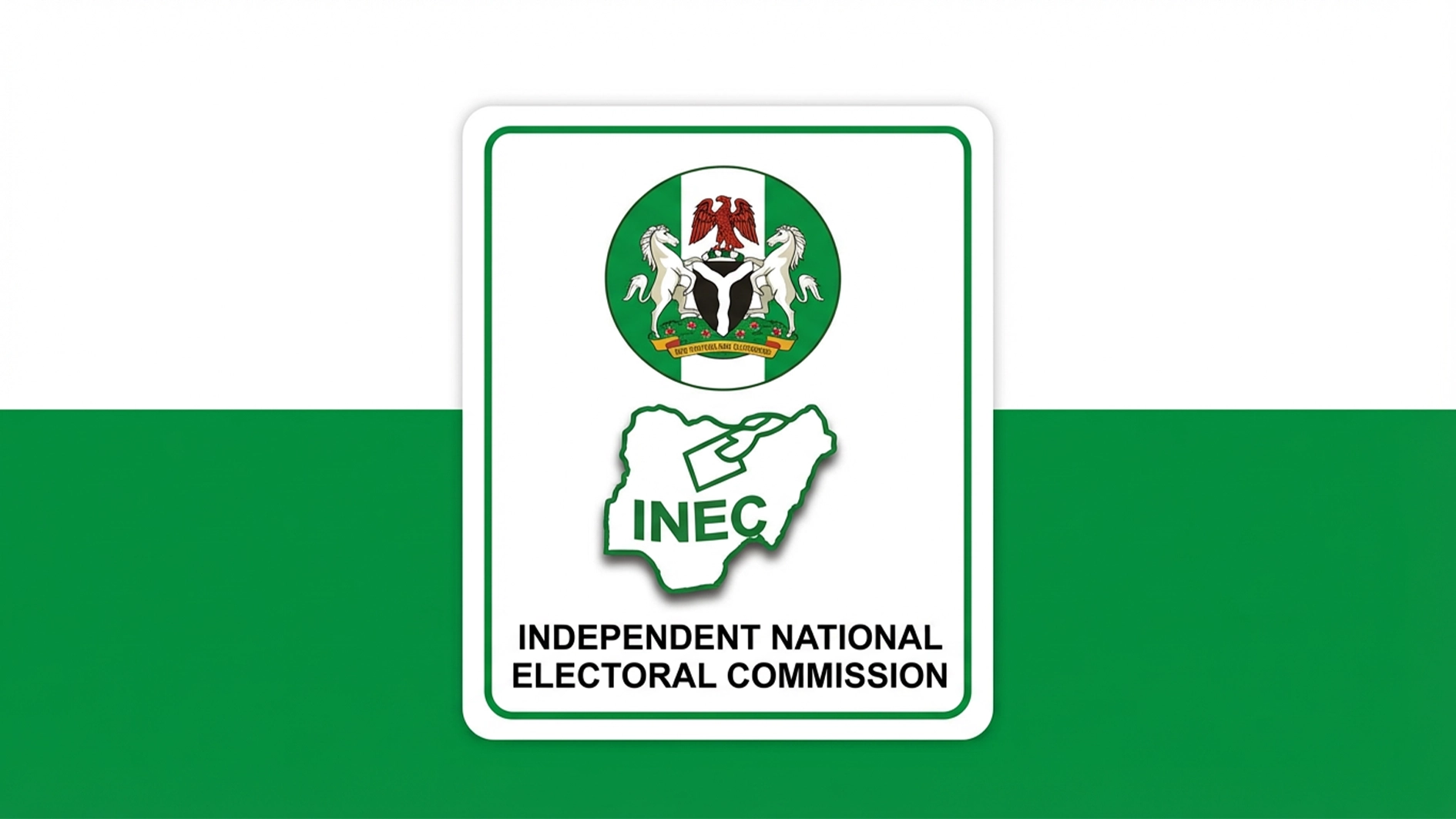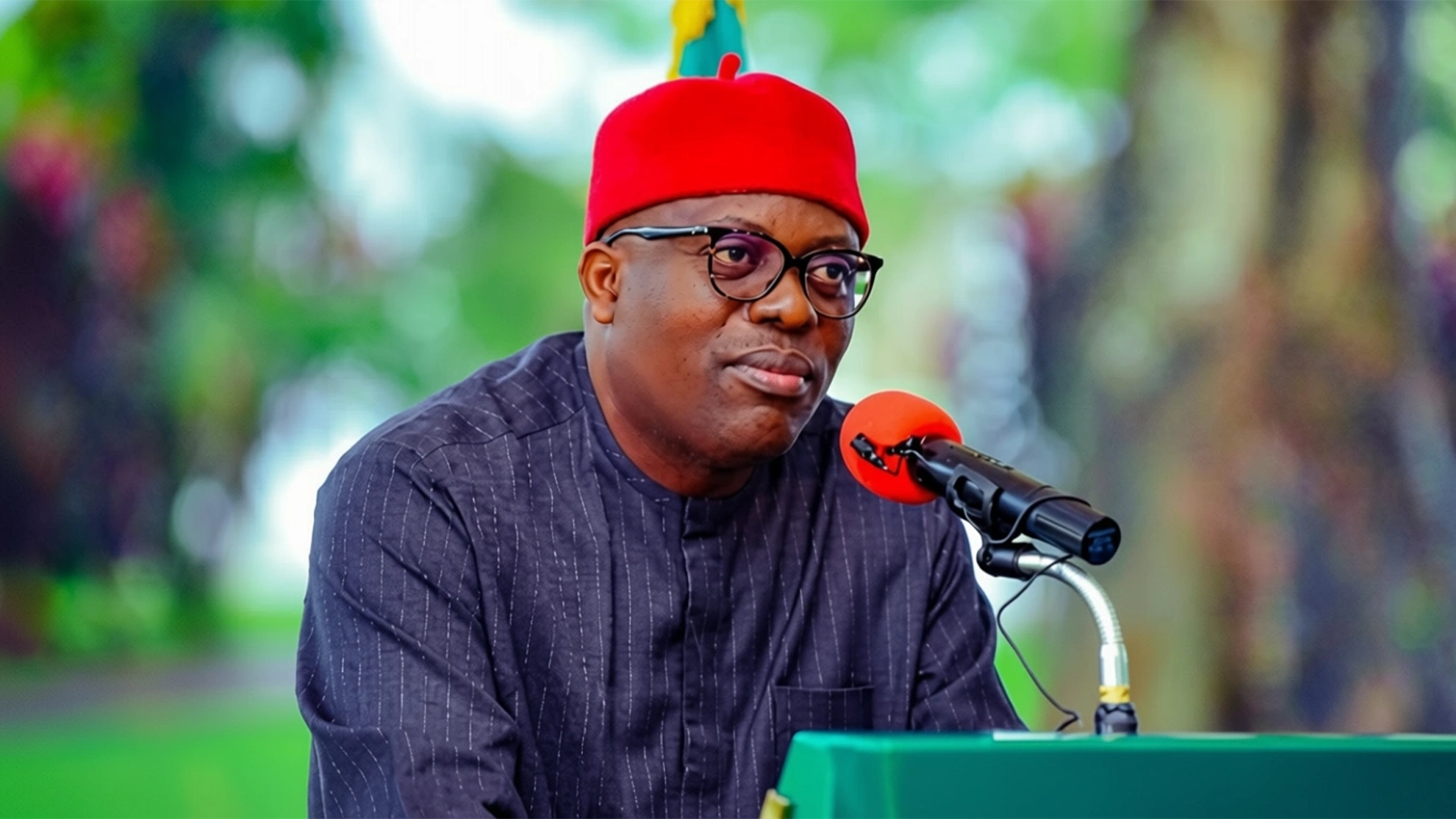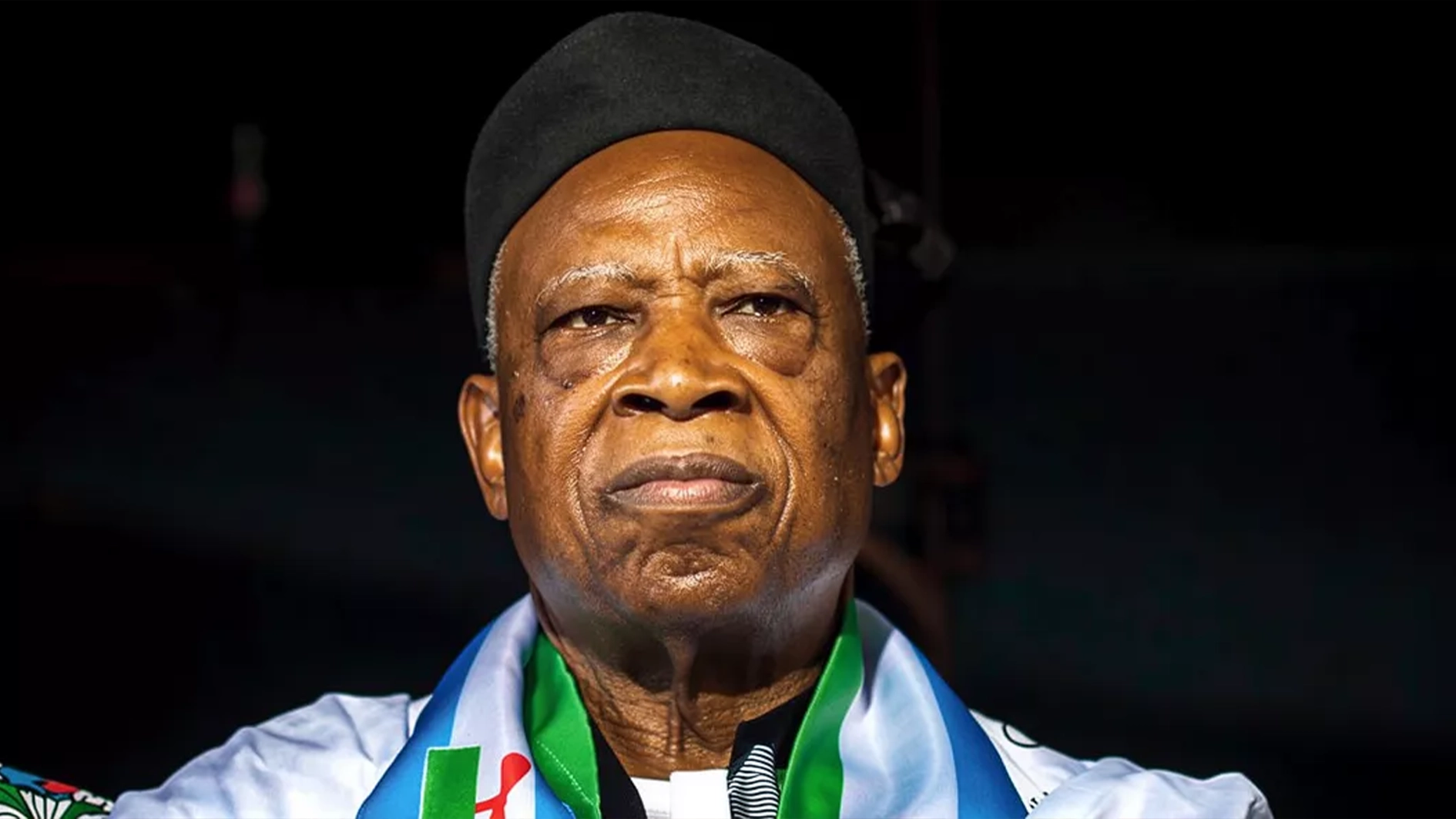
Senators have raised concerns about the Federal Government’s decision to peg inflation at 15% in the 2025 budget projections, describing it as overly ambitious given the current economic climate.
This follows the presentation by Minister of Finance and Coordinating Minister of the Economy, Wale Edun, during a legislative session on the 2025 Appropriation Bill.
Edun, in his address, expressed optimism about Nigeria’s economic direction, highlighting a projected GDP growth rate of 3.5% and increased revenue from both the oil and non-oil sectors.
He also indicated that the economy is having a positive leap. However, senators wondered how the economy could be having a positive
outlook without impacting the populace positively.
They also questioned the feasibility of the inflation target, citing persistent challenges such as exchange rate instability, high interest rates, and rising food prices.
Senator Orji Uzor Kalu, leading the discussion, noted that while the Central Bank of Nigeria (CBN) has taken measures to combat inflation through monetary tightening, structural economic issues remain unresolved.
“Pegging inflation at 15% assumes a level of fiscal discipline and policy coordination that we are yet to see materialise. It’s not just about monetary policy; we need aggressive efforts on food security, energy stability, and industrial output,” Kalu remarked.
Senator Tokunbo Abiru from Lagos East added that the government’s reliance on an envelope budgeting system could further strain fiscal resources.
“Inflation is not just a monetary phenomenon. If we are not addressing revenue leakages and inefficiencies in public spending, achieving this target will remain a mirage,” he said.
In response, Minister Edun defended the 15% inflation benchmark, explaining that it reflects the CBN’s confidence in its monetary policy framework and the government’s efforts to boost food production.
He said, “The Central Bank of Nigeria is indicating a 15% inflation rate by the end of 2025, and it is achievable. We are working hard towards it and look forward to achieving it. It is their signaling of where inflation is expected to lie that has given us this interest rate. However, we all have a role to play. Even if monetary policy helps to try to bring down inflation, on the fiscal side, it is important that we contribute to lower inflation, not just by really squeezing demand but by increasing supply.
“Increasing the supply of food is one of the major commitments that is already laid out. We are having a dry season harvest now, and we have mobilised 250,000 farmers to be able to produce 750,000 metric pounds of assorted grains from the dry season farming.”
Mr. Edun also said that under President Bola Tinubu, the country’s economy is growing positively, as the budget deficit as a percentage of Gross Domestic Product (GDP) is falling, while the debt service ratio as a percentage of revenue is improving.
He added, “After 18 to 20 months, under the able and visionary leadership of President Bola Tinubu, we have been inspired as a nation to re-determine forbearance and arrive at the situation where the economy is very much turning the corner. It is growing. The budget deficit as a percentage of Gross Domestic Product (GDP) is falling, while the debt service ratio as a percentage of revenue is improving.”
Economic analysts are divided on the issue. While some see the government’s optimism as a sign of progress, others warn that external shocks, such as global oil price volatility and geopolitical tensions, could derail the inflation target.
Dr. Amina Yusuf, an economist at the University of Abuja, stated, “The government is relying heavily on projections without addressing the structural bottlenecks that fuel inflation. The focus should be on building domestic capacity, especially in agriculture and manufacturing.”
In his opening remarks, the Chairman of the Senate Committee on Finance, Senator Sani Musa, urged Ministries, Departments, and Agencies (MDAs) to present a budget that is realistic, implementable, focused, and tailored toward the attainment of measurable outcomes.
Senator Musa said the MDAs’ budgets should have a clear purpose and translate into tangible benefits for the populace on implementation.
He said it was the responsibility of the legislature to ensure the efficient and transparent allocation of government resources to drive development and meet the needs of the people, adding that the Ministry of Finance plays a foundational role in shaping
economic policies and fiscal strategies.
“The impact of this action will be released across all sectors, and as such, this budget must reflect prudence, accountability, and alignment with the priorities of the people. We understand the challenges you face in balancing the demands of your mandate with available resources. However, as custodians of the public costs, it is our collective responsibility to ensure that everyone contributes meaningfully to our shared goals.
“This session is an opportunity for MDAs to address the challenges they face, supported by clear data and justifiable expenditures. This process is not adversarial but collaborative, as we all share the common goal of advancing the economic well-being of our country,” Musa said






